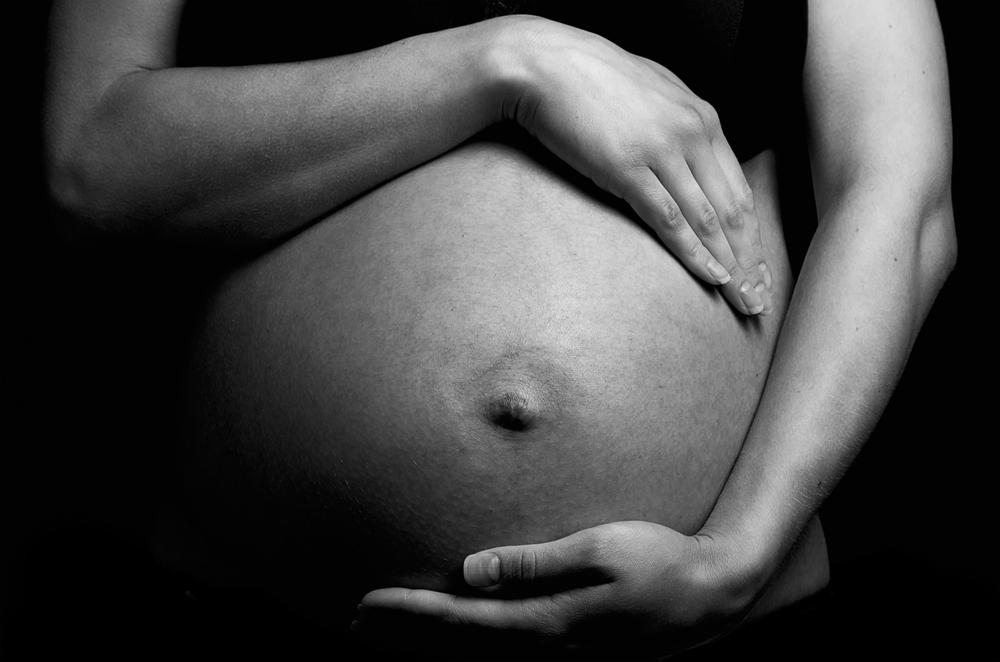Does being pregnant when you commit a crime make you guiltier than someone who is not pregnant? Vice reports that a group of reproductive rights organizations, led by the National Advocates for Pregnant Women, wrote to the Department of Justice recently to protest the sentence of Lacey Weld of Dandridge, Tennessee. Weld was picked up in an undercover sting at a methamphetamine manufacturing plant. As Kristen Gwynne of Vice writes, “despite her cooperation in the case and testimony against co-defendants, Weld (who pleaded guilty) was sentenced to more than 12 years in prison and five years of supervised release for her involvement in meth manufacturing.” Because of “enhanced sentencing” guidelines, six of those years were tacked on simply because Weld was pregnant at the time.
As the NAPW’s letter states, giving a person an extra-long sentence because of her pregnancy status constitutes “separate and unequal treatment of pregnant women.” The justification offered by the judge in Weld’s case is that Weld is extra guilty because she put her “unborn” child at a “a substantial risk of harm.” But Weld was not convicted of smoking meth. “According to the press release, the DOJ justifies the enhanced penalty in part because Ms. Weld apparently used methamphetamine while pregnant,” writes NAPW in its letter. “Drug use (rather than possession), however, is not a crime under either Tennessee or federal law—and as the press release admits, Ms. Weld was convicted of manufacturing, not possession of, methamphetamine.” Tennessee law allows enhanced sentencing if the victim is especially vulnerable, but Weld was not convicted of victimizing her son. Those six extra years were for a crime that isn’t a crime in Tennessee at all.
Weld’s son was born sick and, as Gwynne writes, “tested positive for opioids and methamphetamine.” That probably makes you angry, and it should, but it doesn’t mean that she should be locked up for extra time. Weld has taken responsibility for exposing her son in utero to drugs, telling the court, “He could have died, and I just pray and thank God that my sister has him and he’s OK.” Whether we believe her or not is not really the issue. It’s hard to imagine that anyone who actually cares about this child’s well-being thinks it’s a good idea to break up his family and separate him from his mother for an extra six years of his childhood. Lengthy prison sentences, particularly for nonviolent drug offenses, are devastating for families and larger communities already. Adding extra sentences for mothers of newborns because they are mothers can only amplify that impact. In light of that, it seems that this sentence has little to do with actually protecting children and is more about an excessively punitive attitude towards pregnant women.
“Too much exercise, too much caffeine, too little sleep—the list of ways a pregnant woman might cause harm to a fetus is practically endless,” Gwynne writes. “And because no human is perfect, the law does not generally permit the punishment of women for behaving badly while with child.” But with enhanced sentencing, the legal groundwork is being laid for criminalizing things that otherwise are not crimes because they are being performed while pregnant. Once you can get six extra years in prison because you made an unhealthy but not illegal choice while pregnant, it seems that the door is open to all sorts of policing of pregnant women’s behavior.
